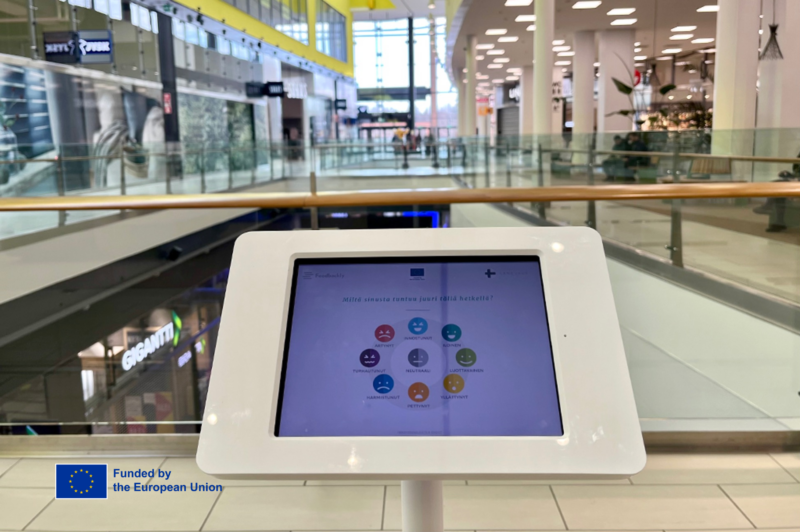Customer behavior is a complex phenomenon that evolves continuously. While it’s difficult to fit it within a framework, understanding your customers and forecasting how they will behave can help businesses to a great extent.
A customer journey or buying journey encompasses every interaction that a customer has with the business from beginning to end. Think of it as the route a customer takes from the moment they encounter your brand until they decide to repurchase or recommend your products to others. A buying journey typically consists of five main stages; awareness, consideration, purchase, retention, and loyalty.
What is customer journey mapping?
The process of visualizing the pathway in a diagram is known as customer journey mapping. It helps you grasp a great deal about customer preferences and expectations and understand different types of behavior.
Are you getting started with mapping? Here are the steps to develop a comprehensive customer journey(s) for your brand.
1. Define the customer persona
The primary step of mapping is to understand your targeted audience. As a brand usually has more than one customer persona, you can create multiple profiles and create separate journeys for each of them.
Identifying the type of customer(s) your brand attracts can help you narrow down from generic information to specific details and flesh it out from there. Here’s where you should research your existing and prospective customers as much as possible using a variety of channels.
The customer profile should contain information about their demographics, preferences, purchasing habits, behavior, and expectations. You can gather them from existing customer data, employee feedback, one-on-one interviews, and surveys. New businesses will have limited information about their clientele, but the key is to research and include what’s available.
2. Identify customer touchpoints
Touchpoints refer to every point of interaction that occurs between the customer and the brand. As the next step, identify every possible touchpoint in each phase of the customer journey. Make sure you cover all the channels through which customers engage with your business, such as social media, email, website, phone, and in-store.
By identifying the touchpoints, you get a clear picture of how and where your customers communicate with you and how potential customers might reach out to you. They play an important role in forming opinions about your brand. Understanding these touchpoints will help you create a complete journey map that reflects the entire customer experience.
3. Mapping the customer journey
Now is the time to visualize the journey that customers take from the initial contact with your brand to the end of their experience. Start by defining each stage and mapping the touchpoints related to each of them. This includes identifying the emotions, thoughts, and actions that customers experience at each touchpoint. You can use customer feedback and data to validate and refine your map.
You can use our free customer journey mapping template to get started with mapping. It’s easily editable and can be customized to fit your brand.
4. Analyze and improve
Based on feedback and survey results, you can also determine pain points in different stages of the journey. They are roadblocks in the journey. By denoting them on the map, you can decide on the ones to prioritize and fix immediately. It also helps you see them in the bigger picture, making it easy to identify the cause and effect.
You have to update the customer journey regularly to be at par with the changing consumer behavior and expectations. You can use it to identify areas that can be improved and map new touchpoints as your company and clientele grow. Customer journey maps are a vital resource that helps you improve the overall customer experience.
Below is our free Customer Journey Map template that you can easily download to get started with mapping your customers’ journeys!




